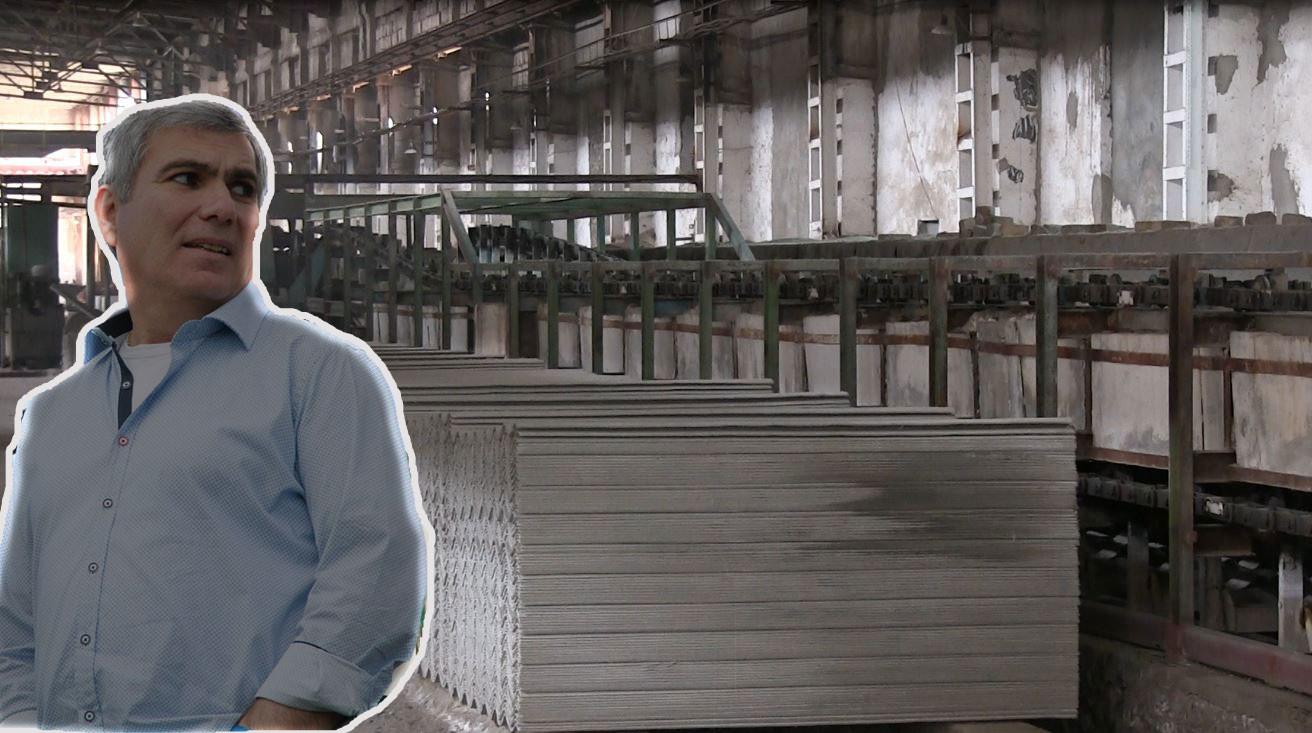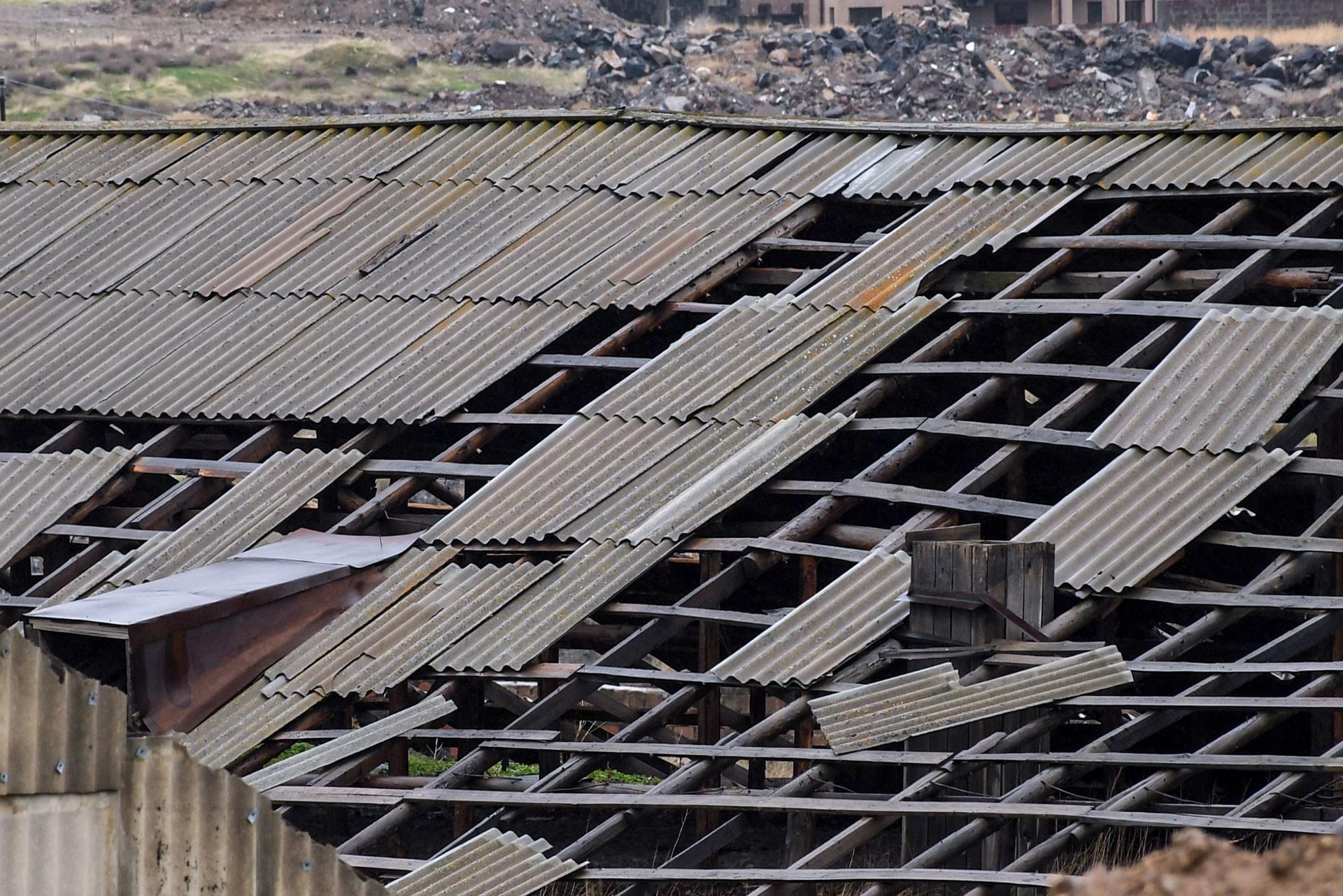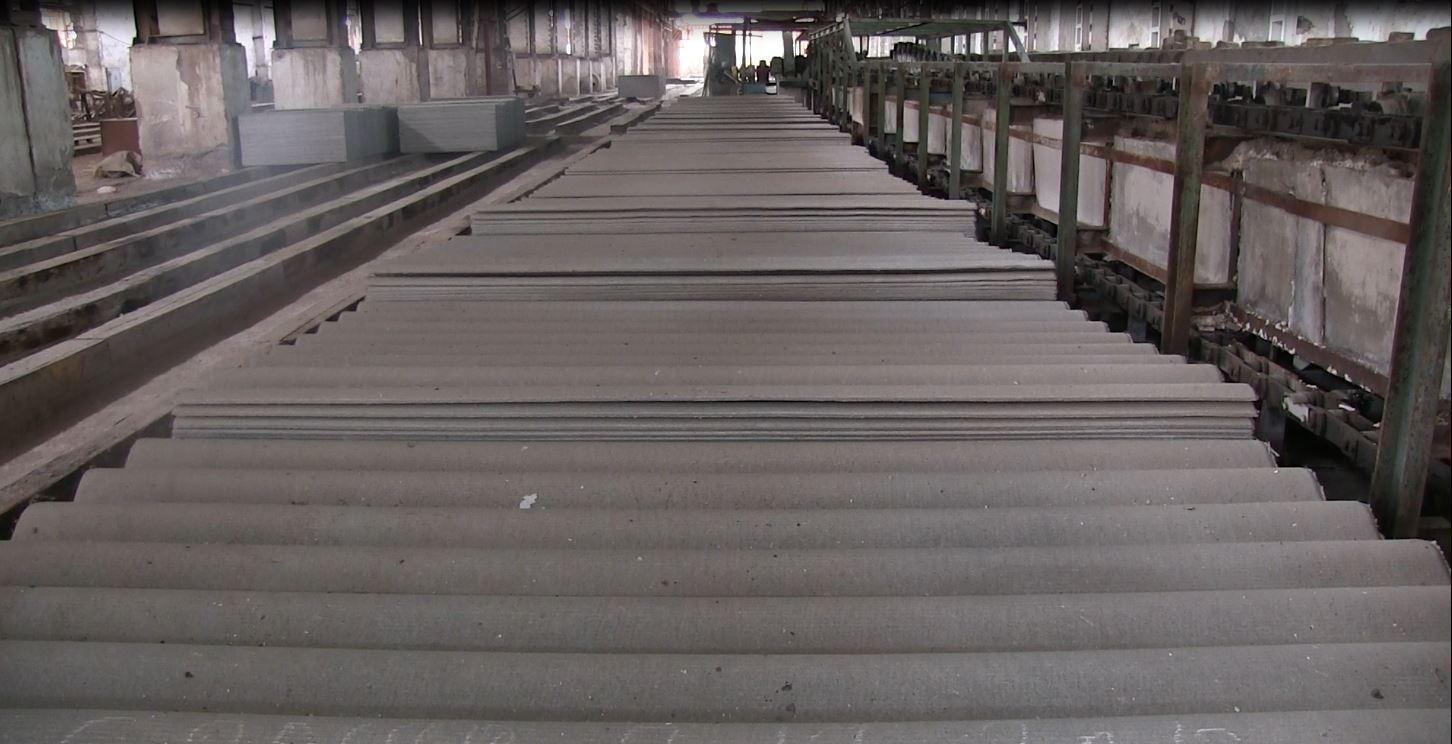
Armenia’s Asbestos Problem: Government Continues Using Carcinogen Despite Global Ban
While sixty-nine countries have banned the use of asbestos, given that the substance has been confirmed as carcinogenic to humans, various Armenian government agencies continue to widely use it.
The World Health Organization (WHO) writes:
“All forms of asbestos are carcinogenic to humans. Exposure to asbestos, including chrysotile, causes cancer of the lung, larynx and ovaries, and mesothelioma. Asbestos exposure is also responsible for other diseases such as asbestosis (fibrosis of the lungs), and plaques, thickening and effusion in the pleura.”
In Armenia, Kavashen LLC produces corrugated asbestos roof slated in the city of Ararat. Aram Sargsyan, leader of the country’s Republic party and a former prime minister, owns 23% of the company's shares.
Sargsyan, who supports Armenia’s membership in the European Union, may be surprised to learn that all twenty-seven members of the economic and pollical union banned the use of asbestos in 2005. Then again, maybe he just neglects this fact in favor of company profits.
Kavashen has sold asbestos slates to several state agencies in Armenia since Nikol Pashinyan came to power in 2018.
For example, Armenia’s Ministry of Defense has signed three contracts for the purchase of asbestos roof slates with Kavashen, totaling some nineteen million drams since 2018.
Hetq contacted the ministry, requesting that it specify where the slates were used. Ministry official Tigran Gharibyan replied it was used to repair the roofs of Soviet-era military buildings. He said the ministry stopped buying asbestos roofing sheets in 2021.
Kavashen supplied Armenia's National Security Service (NSS) with asbestos slates in 2018 and 2022. These contracts amounted to 1.7 million drams.
The NSS told Hetq the roof slates were used to repair the roofs of buildings it owns.
“The NSS does not use asbestos building materials during the construction and renovation of administrative and residential (barracks, officers' houses, etc.) buildings," it claimed.
In October 2020, state-owned Armenia Television and Radio Broadcasting Network signed a 590,000 AMD contract with Kavashen for the purchase of 392 pieces of asbestos sheeting.
Aram Sargsyan did not answer Hetq's telephone calls or text messages for a response.
Replacing asbestos water pipes in Armenia continues
Recently the Armenian government has launched an ambitious program to replace Soviet-era water supply asbestos pipes.
The Ministry of Territorial Administration and Infrastructure claims that 129 km of pipes were replaced several Metzamor communities in the country’s Armavir province.
In Armenia’s Vayots Dzor province, drinking water is not supplied through asbestos pipelines. In the irrigation network, a water line with a total length of 11.5 km with asbestos pipelines built in the late 1960s was inventoried and is still in operation. In the town of Areni, between 2022 and 2024, a 1.2 km asbestos irrigation water pipeline was built, and later replaced by a metal conduit.
While the Syunik Provincial Administration told Hetq that drinking and irrigation water is distributed through metal and plastic pipes, this is not the case.
The Ministry of Territorial Administration and Infrastructure notes that 3.2 km of asbestos irrigation pipes were replaced with polyethylene pipes in Meghri in 2022-2023. Residents have also paid to replace 7.6 km of asbestos irrigation water pipes with metal or polyethylene pipes.
In the community of Ashtarak (Aragatzotn province), five hundred meters of asbestos potable water pipeline were replaced with community funds.
In Ashtarak’s Byurakan settlement, five hundred meters of asbestos potable water pipeline is slated to be replaced.
Although the Armenian government has started the process of replacing asbestos water pipes, the use of asbestos is not completely banned in Armenia.
In 2004, Armenia ratified the Rotterdam Convention, a multilateral treaty to promote shared responsibilities in relation to importation of hazardous chemicals.
To fulfill its treaty obligations, the Armenian government in 2005 adopted Resolution N293, which approved a list of thirty-three industrial chemicals and pesticides prohibited in the country subject to regulation by the Rotterdam Convention.
The list was revised and updated in 2016 to include eleven additional substances regulated by the Rotterdam Convention.
Top photo: Aram Sargsyan (Photos: Hakob Poghosyan, Saro Baghdasaryan - Hetq archive)
 Videos
Videos Photos
Photos


Comments (1)
Write a comment